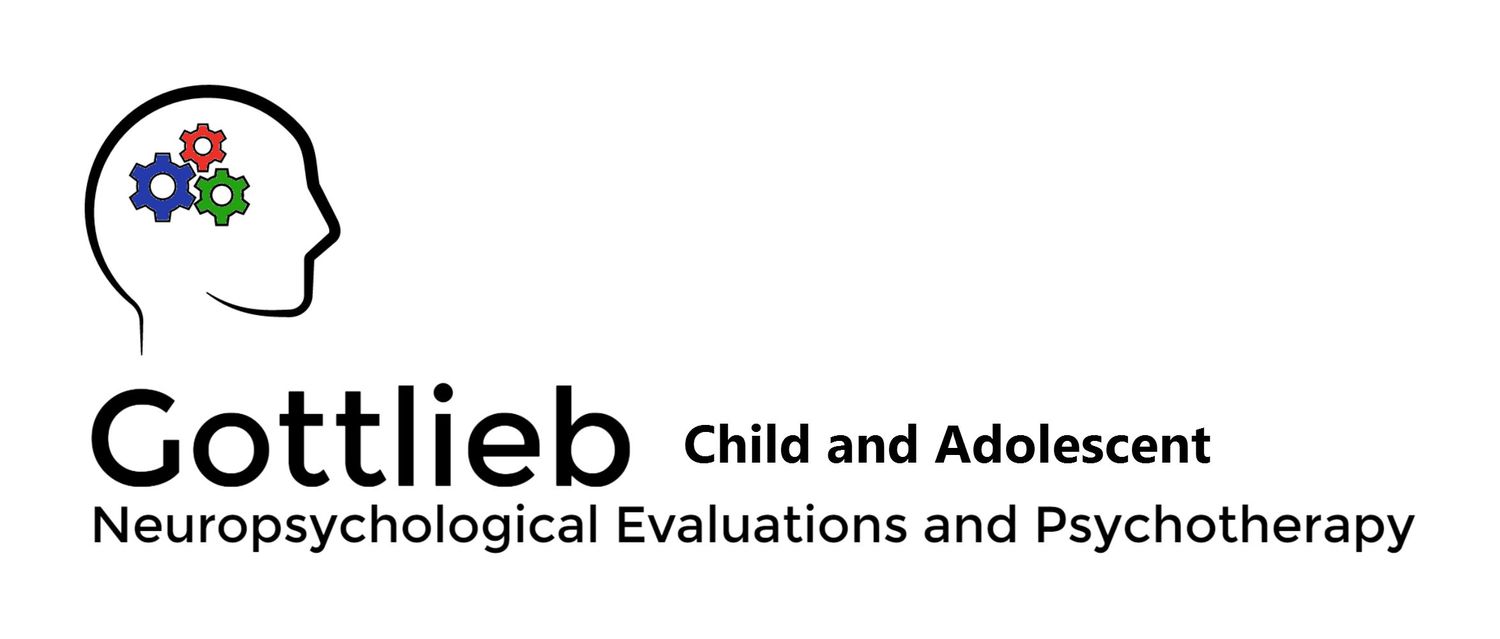Recognizing When Childhood Trauma Calls for Professional Support
/When a child experiences an intense traumatic event that threatens or causes harm to his or her emotional and/or physical well-being, it challenges his or her sense of security and can have lasting, complicated effects. There are a number of ways a child could experience trauma, including but not limited to:
Death of a loved one (especially a parent or caregiver)
Medical trauma and chronic illness
Physical abuse and maltreatment
Sexual abuse
Family, school, or community violence
Separation from a caregiver
Accidents/fires
Natural disasters
Traumatic experiences challenge your child's sense of security and predictability of his or her world. It is important to keep in mind that the same event can impact two children differently, and reactions may include symptoms that interfere with both physical and emotional health.
A child’s reaction to a disaster or trauma can be greatly influenced by his or her parents’ response, so it is important to educate yourself about trauma, as well as take care of your own emotional needs. With love, stability, and support, the unsettling thoughts and feelings resulting from the trauma begin to fade.
It is important to understand that children may develop some acute stress reactions if they have been the victim or otherwise involved in a traumatic experience (e.g., observer). Traumatic stress reactions may include intense and ongoing emotional reactions, depressive symptoms, anxiety, behavioral changes, difficulties with attention, problems at school, nightmares, difficulty sleeping and eating, and aches and pains, among others.
Children who have experienced a traumatic event may avoid any situation, person or place that reminds them of the experience. They may “block out” or try to forget the event; however, they might still react to reminders of the event in ways that seem unusual for them. In some cases, children develop chronic reactions to the event and may meet criteria for a diagnosis of Post-Traumatic Stress Disorder (PTSD).
When to seek treatment
Following a traumatic event, a child’s feelings of anxiety, numbness, confusion, guilt, and despair will often begin to fade within a relatively short time (e.g., days or weeks). If your child’s symptoms persist, however, he or she may require professional support. For example, if his or her reactions interfere with his or her ability to function at home or school, it may be time to consider requesting assistance from a mental health provider. Common warning signs include, but are not limited to:
Your child is experiencing terrifying memories, nightmares, or flashbacks and has difficulty sleeping.
Your child is having trouble functioning at school.
Time has passed and your child is not feeling any better; they exhibit signs of clinginess or jumpiness.
The symptoms of traumatic stress manifest as physical ailments such as headaches, stomach pains, or sleep disturbances. You may also notice a change in eating habits.
Your child is having an increasingly difficult time relating to friends and family
Your child or teen is experiencing suicidal thoughts, or emotional numbness or lack of feeling about the event.
Your child is avoiding more and more things that remind him or her of the traumatic event.
Your child expresses persistent fears of another disaster.
If after a month or so, your child is still showing these signs of distress, I urge you to seek professional help. Additionally, if your child is experiencing intense acute stress that is interfering with daily living, you should consider seeking help much sooner. A mental health provider, such as myself, can provide a trauma-focused assessment and direct you to appropriate mental health services for your child. Although it can be a difficult first step to take, children often respond well to trauma-focused treatment, and relief is obtainable. Please don’t hesitate to contact me for more information at 703-825-0502.
Shira Gottlieb, Psy.D., Licensed Clinical Psychologist
Dr. Gottlieb is a licensed clinical psychologist. She received her B.A. in psychology, with a minor in neurobiology, from Harvard University, and her Psy.D. from the George Washington University. Dr. Gottlieb utilizes an integrative approach to therapy, incorporating both CBT and Family Systems techniques. Treatment goals are discussed with the child/adolescent and family, and are developed with the individual child's needs in mind. For more information on Dr. Gottlieb please visit her website at http://www.gottliebchildpsych.com/


